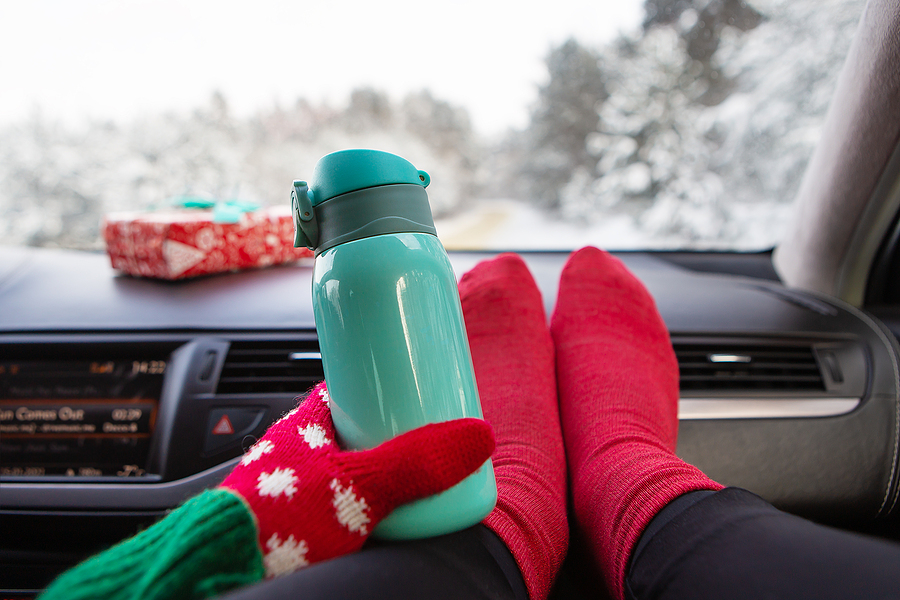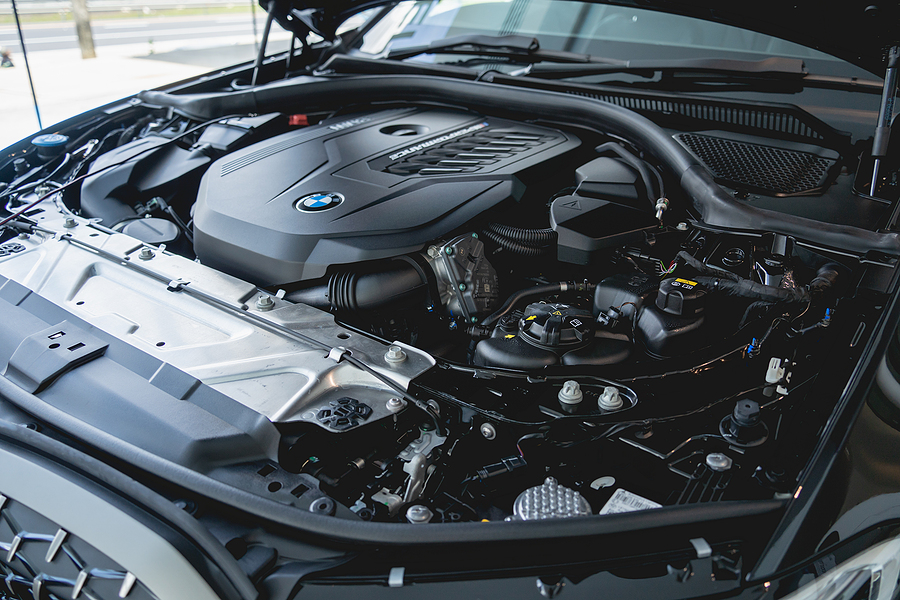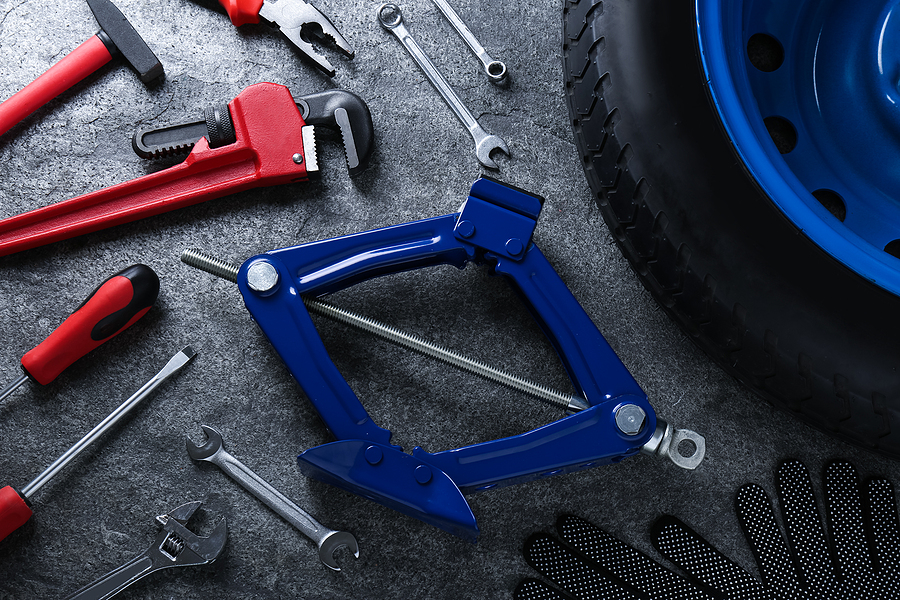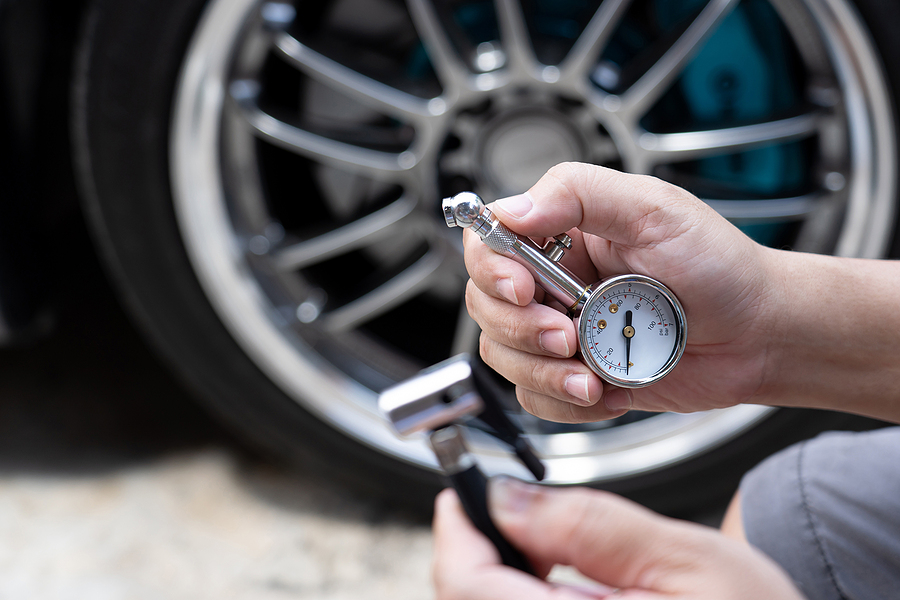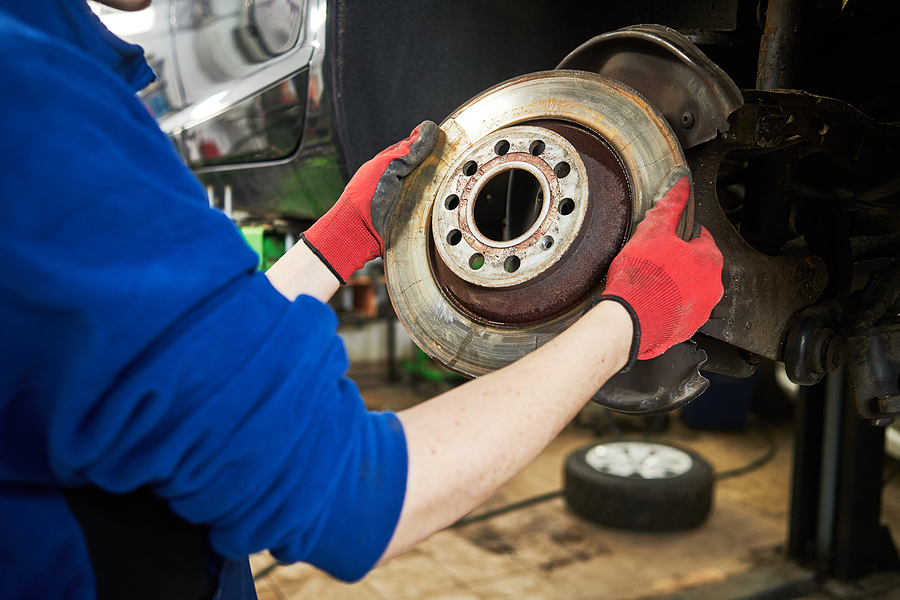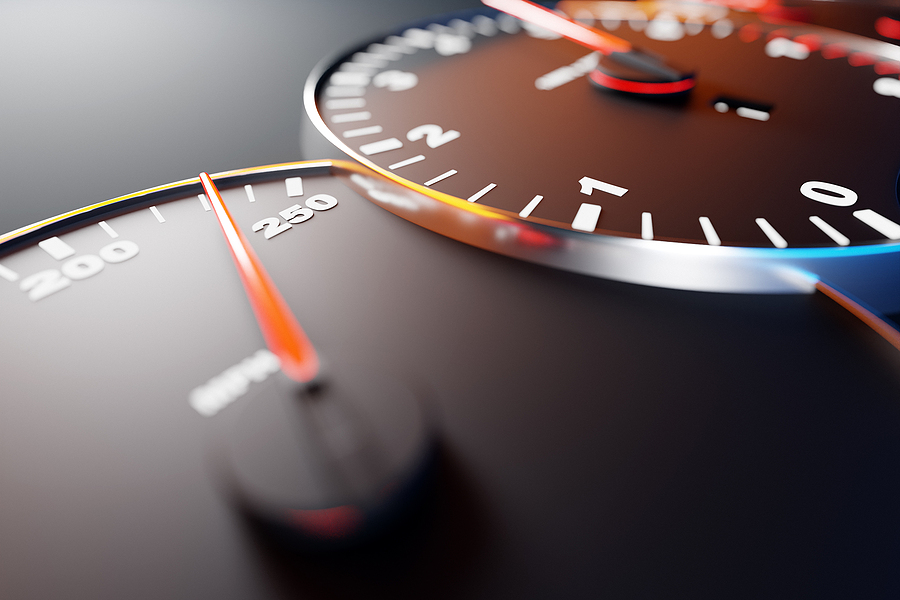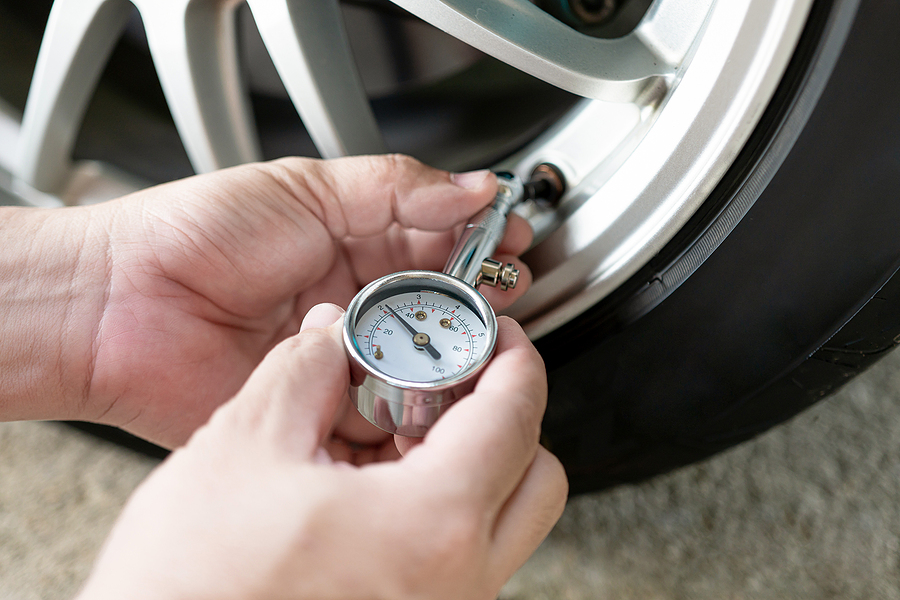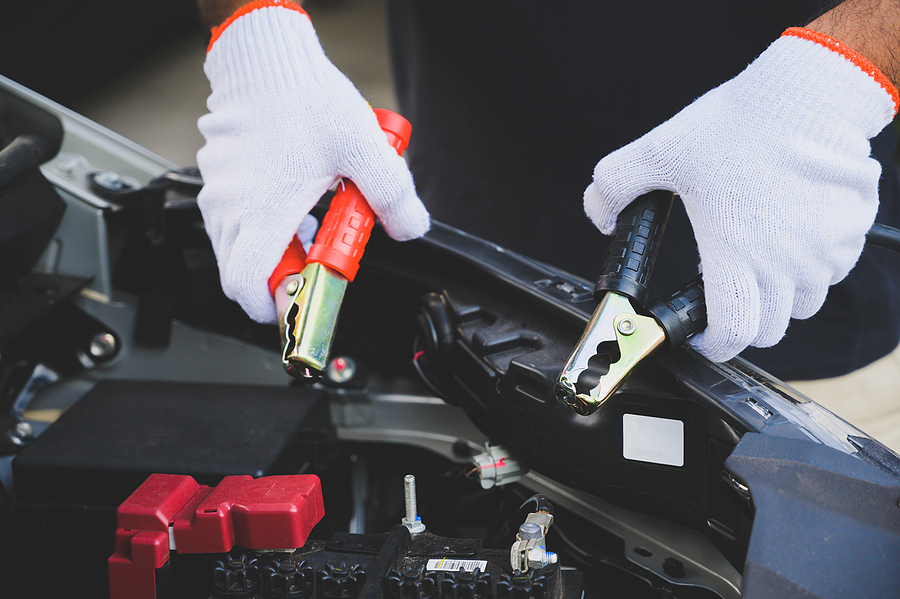Are you the proud owner of a German automobile like BMW or Volkswagen? If so, then you know that they come with many advantages – from their smooth ride to their reliable performance. But like any other vehicle, there are times when something goes wrong, and your German car needs repair. That’s why it’s important to be familiar with common issues and how to troubleshoot them.
In this blog post, we’ll provide an overview of some of the most common problems experienced by German car owners and explain how best to address them. From BMWs to Mercedes-Benz models, our comprehensive guide will help ensure that your beloved German automobile stays in top condition for years to come!
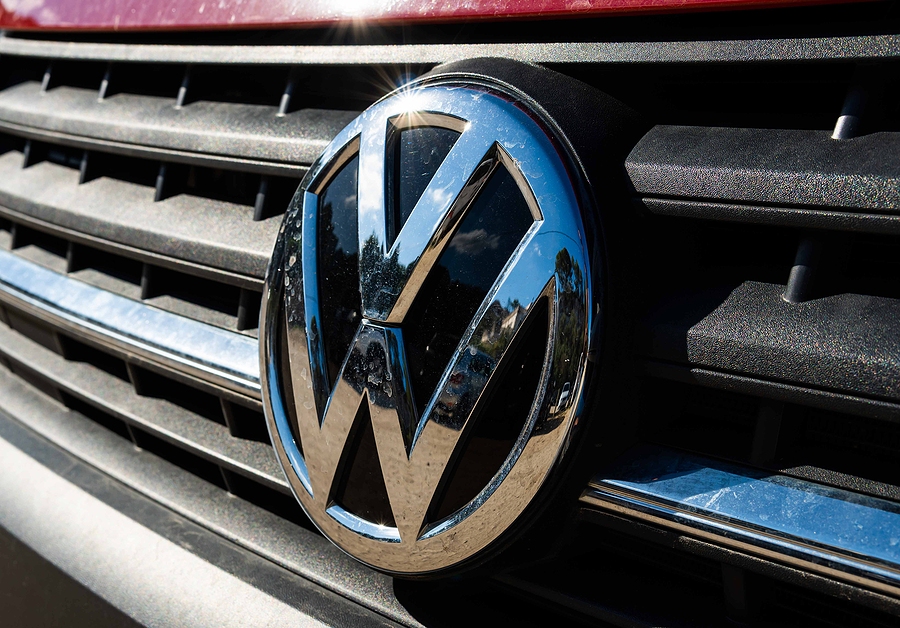
Typical Problems With German Model Vehicles
Routine Oil Changes
One issue that often arises with German cars is the need for regular oil changes. The internal combustion engine of a German car requires periodic lubrication to run smoothly and efficiently, so make sure to keep up with your oil changes as recommended in your owner’s manual. If you’re not sure how often this should be done, consult an experienced auto repair technician.
Malfunctioning Electronics
Another common problem associated with German cars is faulty electronics. This can range from dashboard lights that won’t turn on to erratic engine performance caused by an electrical issue. It’s important to have your car checked immediately if you suspect a malfunction in the wiring or computer system, as this can be indicative of a larger problem.
Brake System Problems
German vehicles are also known to experience issues with the brake system. It’s important to have your brakes inspected regularly, as faulty brakes can lead to dangerous situations on the road. Make sure that all of the components – such as brake pads, rotors, and calipers – are in good condition, and replace them if necessary. Additionally, check your brake fluid levels on a regular basis and have it replaced as needed.
Hotter Engines
Finally, German cars are prone to overheating due to the higher compression of their engines. Make sure you keep an eye on your car’s temperature gauge and take action immediately if it starts to rise rapidly. This could be indicative of a number of issues, including a leaking or clogged cooling system, so be sure to have it checked out by an experienced technician.
European Automotive Service for Your German Car
Comprehensive care and maintenance are essential when it comes to keeping your German car running in top condition. We hope this guide has given you the information necessary to troubleshoot common issues with German cars and keep them on the road for years to come. If you’re after expert advice and skilled care for your European car, turn to an experienced German-factory trained mechanic in Indianapolis.
Contact Autohaus Dierolf at 317-571-0800 for superior factory scheduled maintenance in Carmel, Indiana. We work on all European vehicles, but specialize in BMW, Mercedes, Volkswagen, Porsche, and Audi repairs and services.
Related Posts:
6 Mercedes Benz Auto Parts That Commonly Breakdown
BMW Maintenance: What You Need to Know
How to Make Your Audi Last More Than 300,000 Miles

